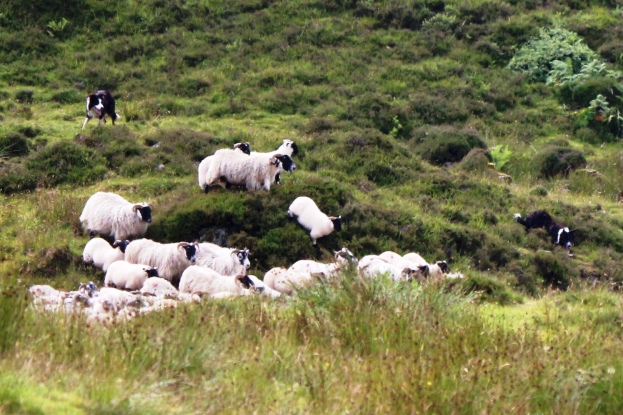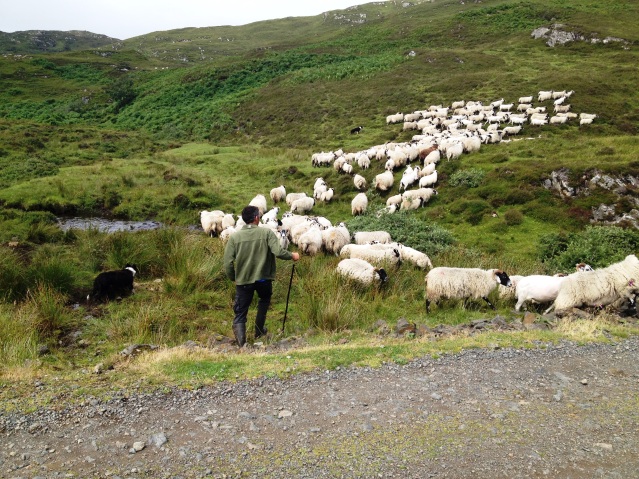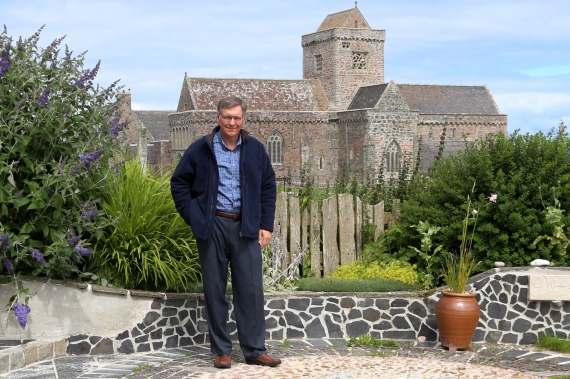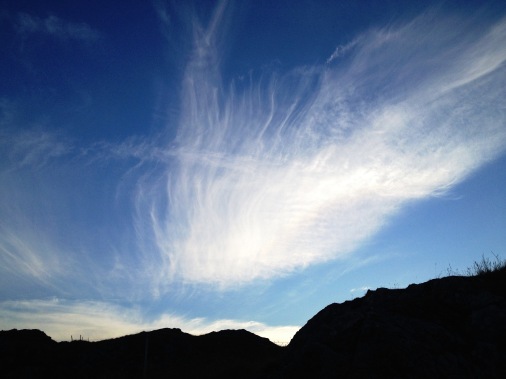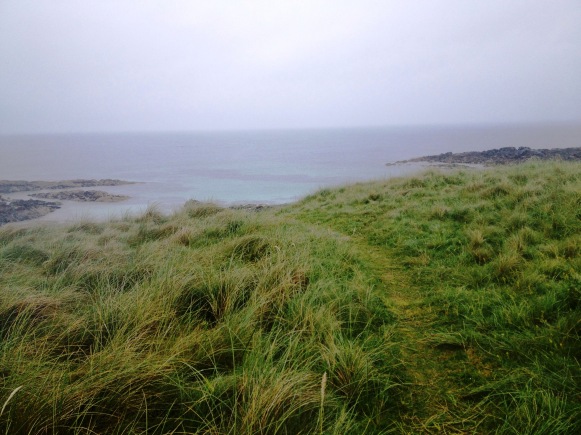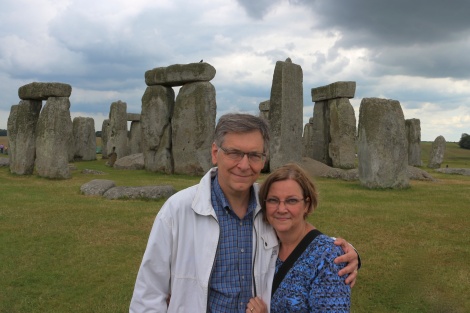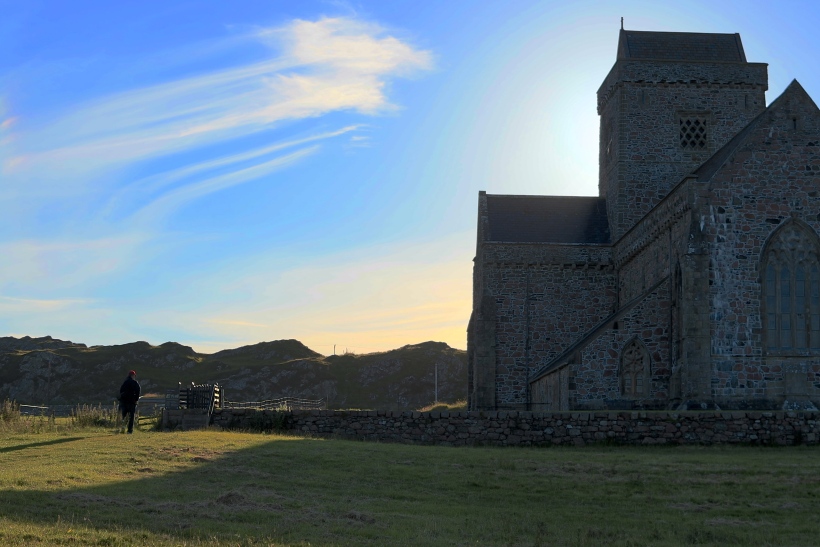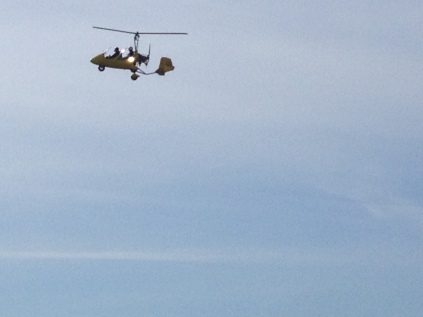When I was a boy, there was one Sunday night a year my siblings and I got to stay home from church: the night The Wizard of Oz was on television. On that very magical night, my mother let her maternal instincts overrule her religious devotion. And for that lapse in zeal, she was considered a liberal or at least, a slacker.
I didn’t understand then, as I don’t understand now, why honoring the Sabbath meant having absolutely no fun. At least as viewed through my nine-year-old eyes, there was no more sacred rest than entering into a fanciful world where a lovely young lady accompanied by a tin man, lion, and scarecrow, battled and unmasked the powers of darkness.
This was during the sixties when Blue Laws were fading in America. For many, this slackening of prohibitions against commerce and yes, fun on the Sabbath, was a sign of America’s moral and spiritual decline.
Well, recently, I had the opportunity to revisit that time when America was considered a God-fearing nation because you couldn’t buy gas for your car or milk for your kids on Sunday. It was not a pleasant experience.
This experience unfolded on the Isle of Lewis where Bambi and I spent the weekend. Lewis is a lovely gem in that string of islands off the Scottish coast known as the Hebrides. The scenery in Lewis is heart-stopping and the people are welcoming and kind. If they just knew how to say, “Bless your heart” with a Scottish brogue, I’d feel right at home.

But on the Isle of Lewis, life comes to a grinding halt on Sundays. It is a hallowed tradition dating from the time when the state church made the rules for the faithful and unfaithful alike. The locals seem very proud of this heritage, even though during a visit of several days, I met only one resident who attended church. In fact, we could not find a church service near us last Sunday so we decided to spend the day exploring the island.
That’s when we discovered that on Lewis, everything is closed on Sunday. Parks are padlocked. Shops, restaurants, and visitor centers are closed and woe is you if your car runs low on fuel. Even fishing is illegal on Sundays, something that seems strange for a Lord so partial to anglers (Mark 1:16-20). Public bathrooms are locked up on Sunday. Yes, bathrooms.

Now as a guy, finding a bathroom in a pinch is never much of a problem. More than once during our Sunday traipsing about the island, I found a suitable privy behind a boulder or a thick patch of brush. Then, when I popped back out and Bambi asked, a bit peevishly, “Where were you?!” I always answered mischievously, “There’s a bathroom behind that rock.”
She was not smiling.
Eventually, we set off in hot pursuit of a bathroom that was feminine-friendly. We saw a lot of the Isle of Lewis without ever finding one. With my wife’s frustration level understandably on the rise, Jesus’ reprimand to the Pharisees of another age kept resounding in my brain: “The Sabbath was made for humanity and not humanity for the Sabbath! (Mark 2:27).
Finally, we made it back to our B&B where the object of our pursuit was blissfully present, ready, and unlocked!
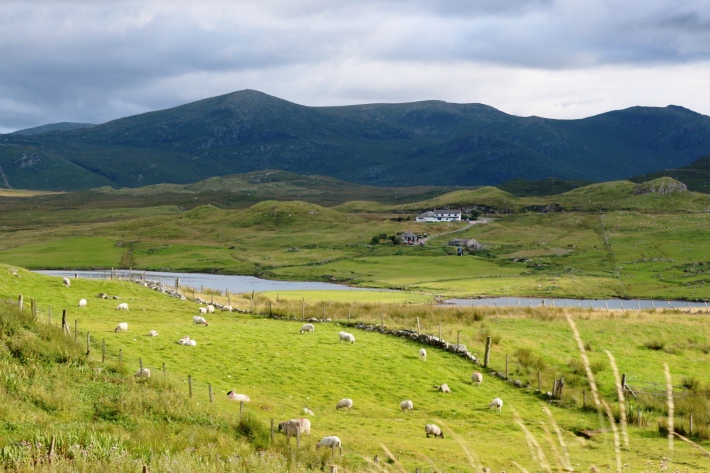
Now the moral of this story is not that keeping Sabbath is an empty ritual that should be dumped once and for all. No generation needs the gift of Sabbath worship, rest, and renewal more than our own. Locked in the echo chamber of our cyber-crazed, web-centric, 24/7 world, we need at least one day a week to be reminded that God is God and we are not.
But Sabbath observances imposed from without have no power to awaken our sense of the divine or deepen our connection with God, one another, or our own deepest selves. In fact, Sabbath-keeping decreed by law or tradition has the opposite effect breeding only anger, resentment, and hypocrisy. As our B&B hostess said me in a low voice on Sunday afternoon, “I’ll be glad to do your laundry but I’ll have to tumble dry it. I can’t be seen hanging laundry on the line on a Sunday!”
By contrast, voluntarily choosing to honor the Sabbath by slowing down, participating in a community of faith, getting some rest, and making time for play is to give a precious gift to ourselves and those we love. Such a freely chosen Sabbath can restore our sanity, put our problems in perspective, and remind us we are not alone. If the Creator of the cosmos needed Day Seven to relish the wonder and beauty of what God created the six days before (Genesis 2:1-3; Exodus 20:10-11), then maybe we need some downtime for reflection, rest, and yes, recreation. For the Lord who said, “Unless you become like children, you cannot enter the kingdom of God” (Matthew 18:3) does not smile on a faith where children are forced to go to church the one Sunday night a year when the Wizard of Oz is on television.
For those who want to romanticize the past and talk about the Good Ole Days, when everyone was forced to pretend to be religious at least once a week, please make that trip without me. I have been “back to the future” and I did not like what I saw.
Blessings,
Bob Setzer, Jr.
-——————————————————————————————————
If you’d like to be notified of new blog posts by email, click on the menu icon at the top center of this page (just above the circle logo) and enter your email address in the space provided.




